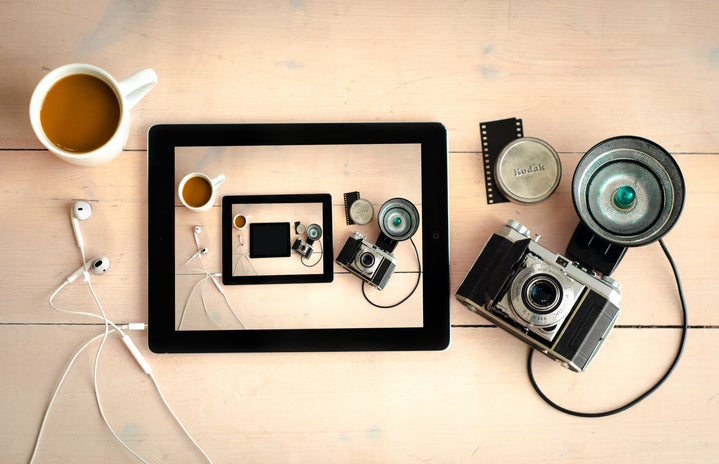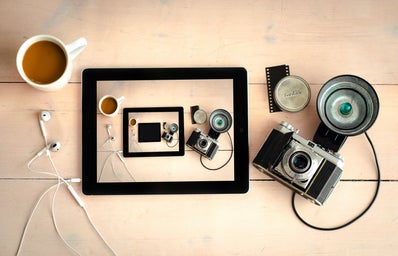We’ve all experienced those nights where we are twisting and turning in bed, unable to fall asleep. Whether it be because we are anxious, overtired, or just have too many thoughts on our minds. Sleeping for 7-9 hours is what doctors recommend in order to achieve your highest functioning ability but some of us are lucky if we even get 3-4 hours per night. There has been a great amount of research conducted on how to get a better night sleep but not everything works for every person. I’m going to give you some tips that have helped me and I hope will help you too!
1. Keep Your Phone Away From Your Bed
Often, when we can’t sleep and we turn to our phones or the television to provide a distraction from the frustration we are facing. According to the National Sleep Foundation, our constant use of technological devices causes us to lose our evening reduction of light which is used to help us relax and fall asleep. Our devices have the power to trigger a sense of light which in turns, causes our brain to think that it should be awake. Shut off your phone and TV completely to guarantee that you don’t use them right before bed and place it in another room so you are not tempted by it.
2. Establish a Routine
It is easy for us to mess up our routine on the weekend, whether we are hanging out with friends, seeing a late night movie, or just scrolling through social media. Having a set bedtime and time to wake up is important, even on the weekends, to help your body establish a pattern. Sleeping and waking at the same time regulates your body’s internal clock to make sure you have sufficient rest and energy to power through the day.
3. Read, Color, or Journal
I am not too good at following this tip, but when I do I find it to be super helpful. Approximately 30 minutes before you go to sleep, shut down all of your electronic devices and do a relaxing activity that will put you in the right headspace for bed. Any calming activity is generally okay, whether it be reading, coloring, or journaling. Keep in mind the ideas is to refrain from using a backlit item. If you establish the routine of doing one of the activities mentioned above, your body will be able to establish the connection between the activity and sleep which over time will make it easier to fall asleep faster.
4. Melatonin Supplements
Melatonin is a hormone in our body that aids in our ability to sleep. Melatonin is naturally produced by our bodies but those who have difficulty falling asleep may be in need of an extra boost. Drug stores carry melatonin supplements that can be taken an hour before bed to help increase your feelings of being relaxed and tranquil, making it easier to go to bed.
5. Post It Note
Many of us have a hard time falling asleep because we are constantly worried about what the next day will have in store for us. Instead of ruminating over the thoughts and your mental “to do” list, get a sticky note and write down all you have to do in order to clear your head so you can go to sleep with a peace of mind. You can either stick this next to your bed or on your desk so it is able to be easily seen and will help ease some of the anxiety that tends to prevent you from sleeping.
Trying different methods to fall asleep is really the only way to find out what will and won’t work for you and your body. If your inability to sleep is caused by a deeper medical problem, physical or psychological, a medical professional will be able to help you resolve it and come up with a healthy solution.

